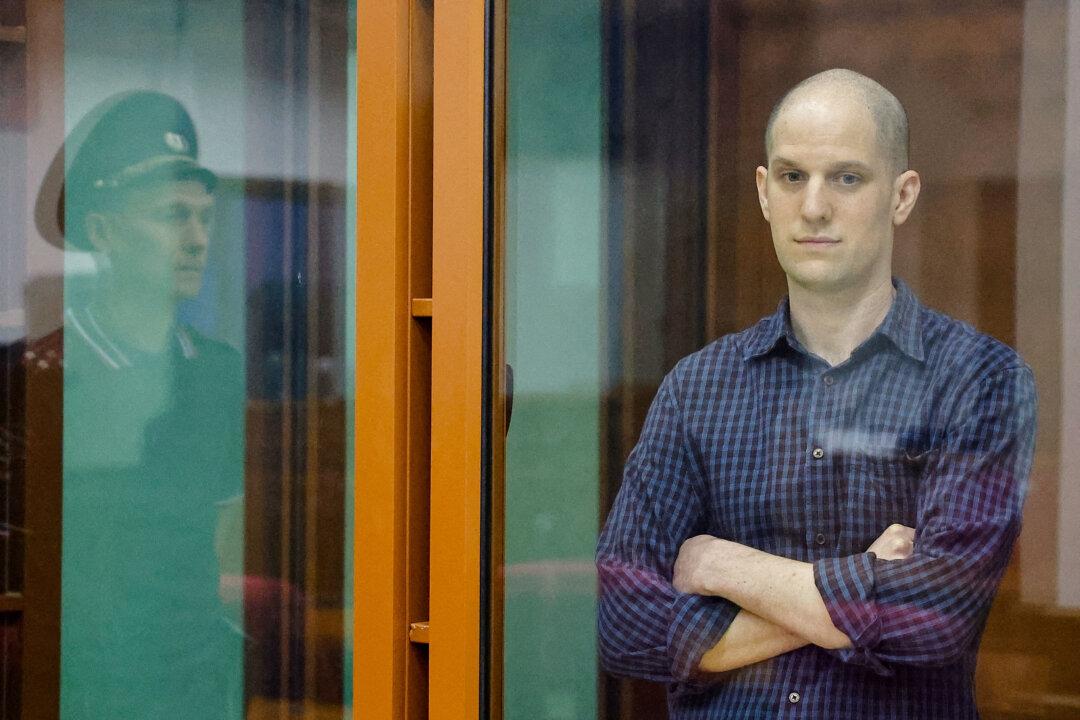U.S. journalist Evan Gershkovich of the Wall Street Journal has been convicted of espionage by a Russian court and sentenced to 16 years in prison, the Russian Prosecutor General’s Office confirmed on Telegram. His employer and the United States government have characterized the charges and trial as unfounded and politically motivated.
“The verdict has been passed,” the prosecutor’s office said in a translated Telegram post. “US citizen Evan Gershkovich has been found guilty under Article 276 of the Criminal Code of the Russian Federation (espionage). The court, agreeing with the position of the state prosecutor, sentenced him to 16 years of imprisonment in a maximum security penal colony.”





